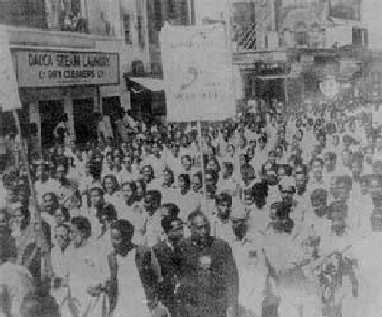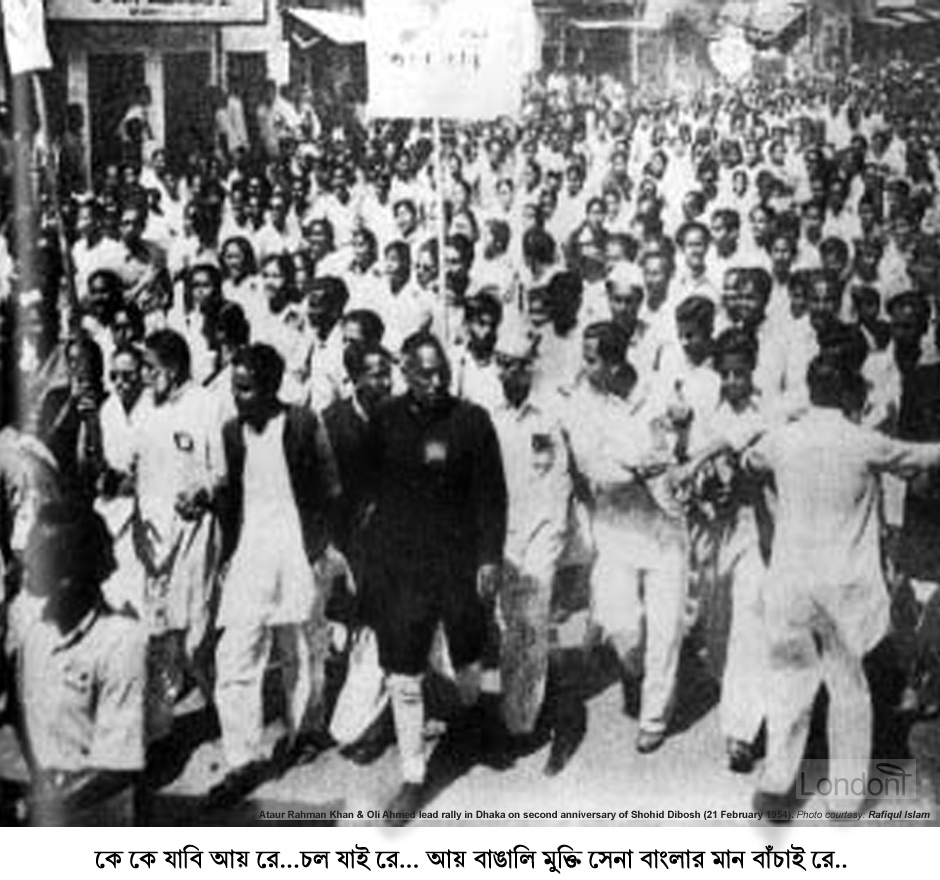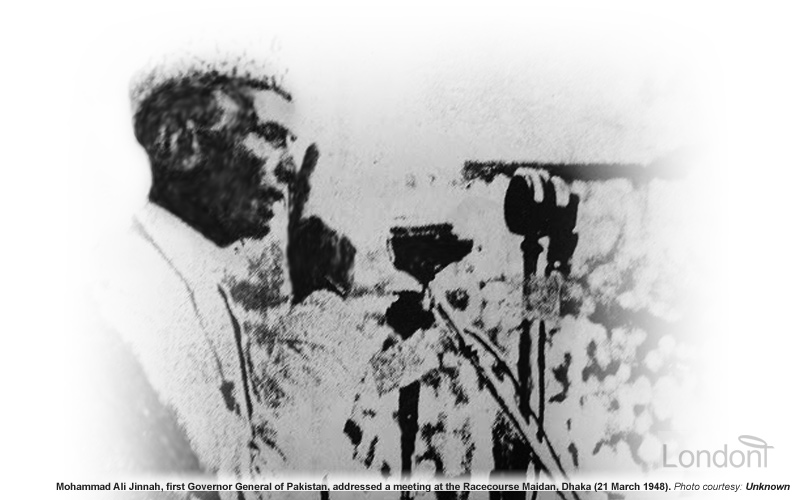Reference




OpenAI's Answer
The Rastrabhasa Sangram Parishad organized against adopting Urdu as the state language due to multiple reasons centered around linguistic, cultural, and political identity. The movement was primarily focused on ensuring that Bengali, the native language of East Bengal (now Bangladesh), was given official recognition and status alongside Urdu.
-
Demographic Majority: Bengali was the mother tongue of the majority of the population in East Bengal. The imposition of Urdu, which was spoken by a smaller percentage of the population, was seen as ignoring the linguistic identity of the majority.
-
Cultural Identity: Bengali is deeply intertwined with the cultural heritage of the Bengalis. Adopting Urdu exclusively would undermine Bengali culture and literature, which were essential elements of their collective identity.
-
Political Representation: The effort to adopt Urdu as the sole state language was perceived as a move by the central government in West Pakistan to dominate and marginalize the Bengali-speaking population of East Pakistan. This created fears of political and administrative disadvantages for Bengalis.
-
Historical Imposition: The unilateral decision to declare Urdu as the state language without consulting the Bengali-speaking population was seen as an authoritative imposition, leading to organized resistance to ensure their voices were heard.
For further details, you can refer to articles on the subject from sources such as the Banglapedia and specific documents discussing the broader impacts of this decision, such as the chapter in the book "Recovering Nonviolent History" (source).
Here are some relevant images depicting the Bengali Language Movement:
These factors combined to fuel the resistance led by the Rastrabhasa Sangram Parishad, advocating for the recognition of Bengali as a co-state language.
Follow Up
Related
What factors hinder the widespread adoption of environmentally-friendly paint alternatives?
Why did the Ptolemaic Kingdom adopt a reduced Phoenician standard for coinage?
What are the challenges faced in implementing AI in industries?
CHAPTER 2 - Literature Review 2.1. Introduction This chapter undertakes a review of literature to

